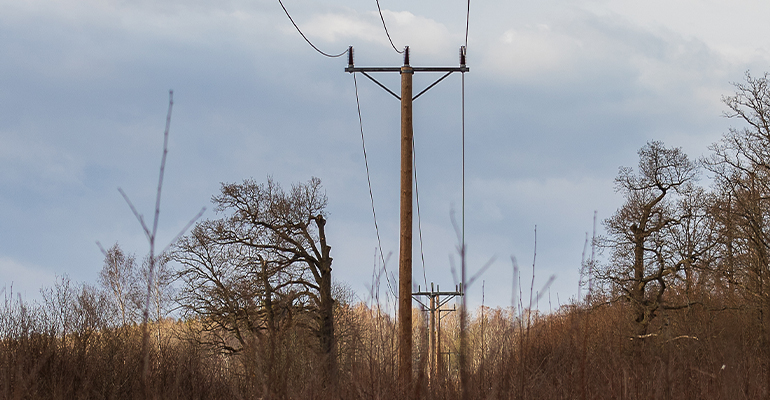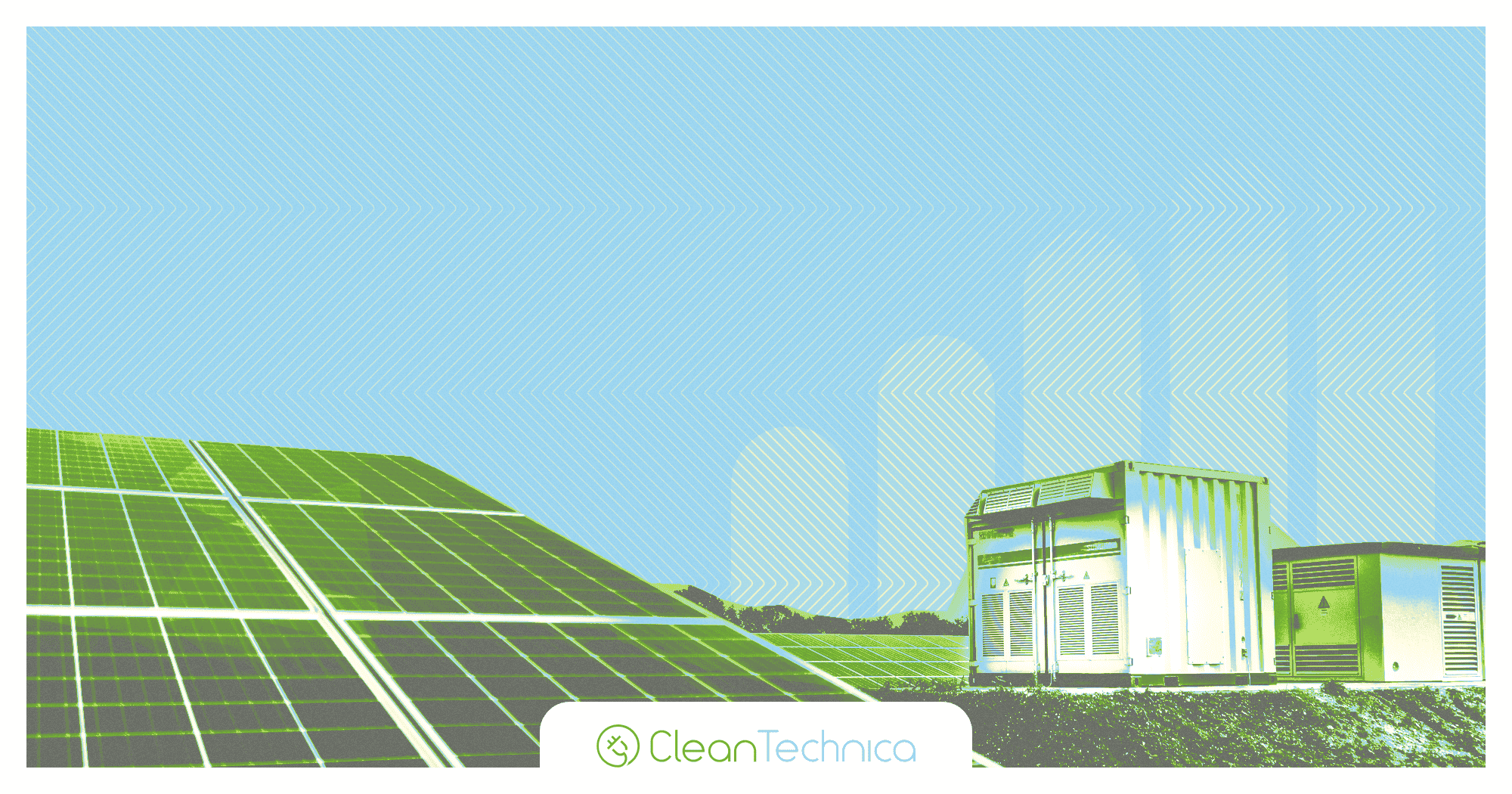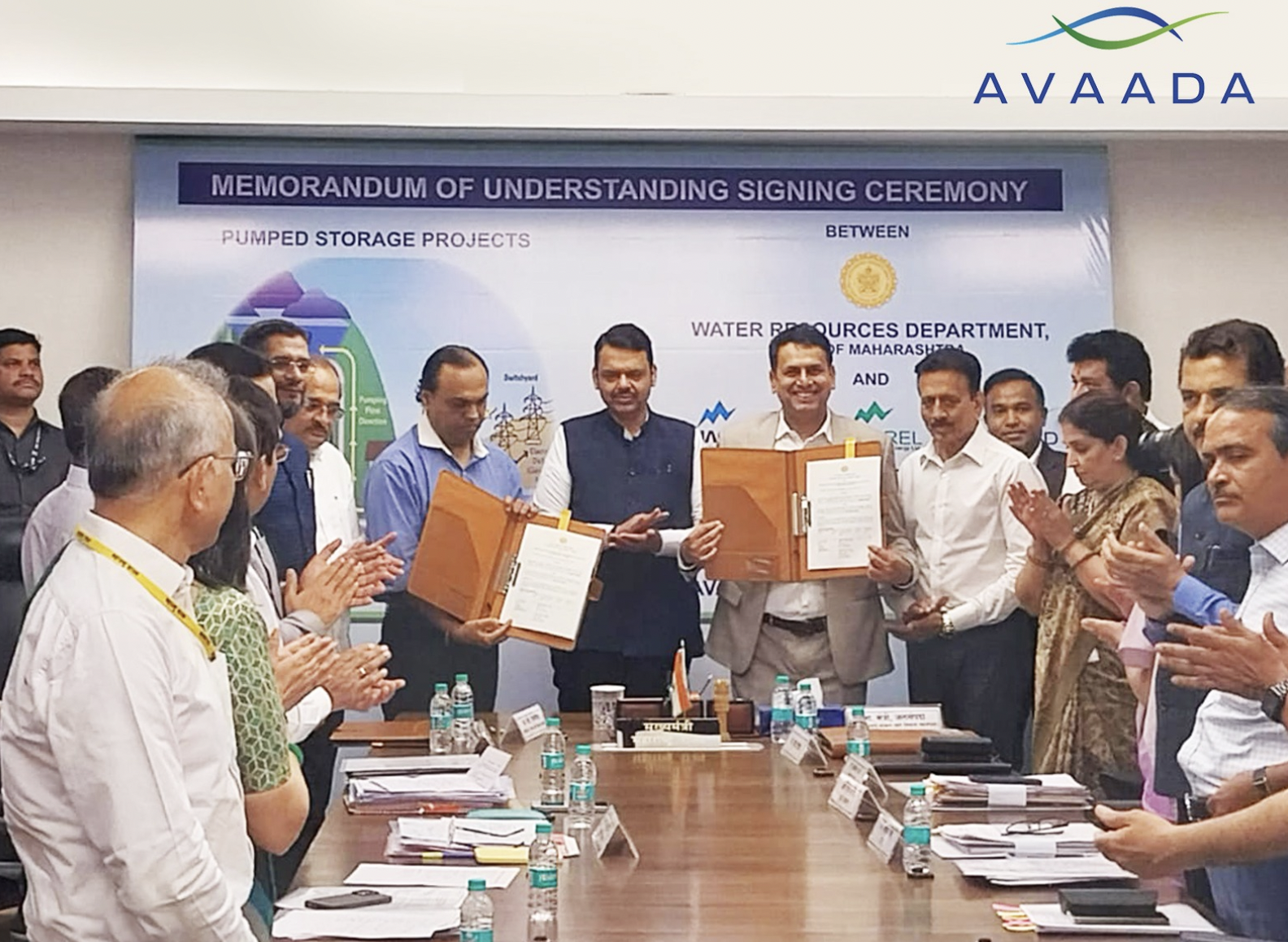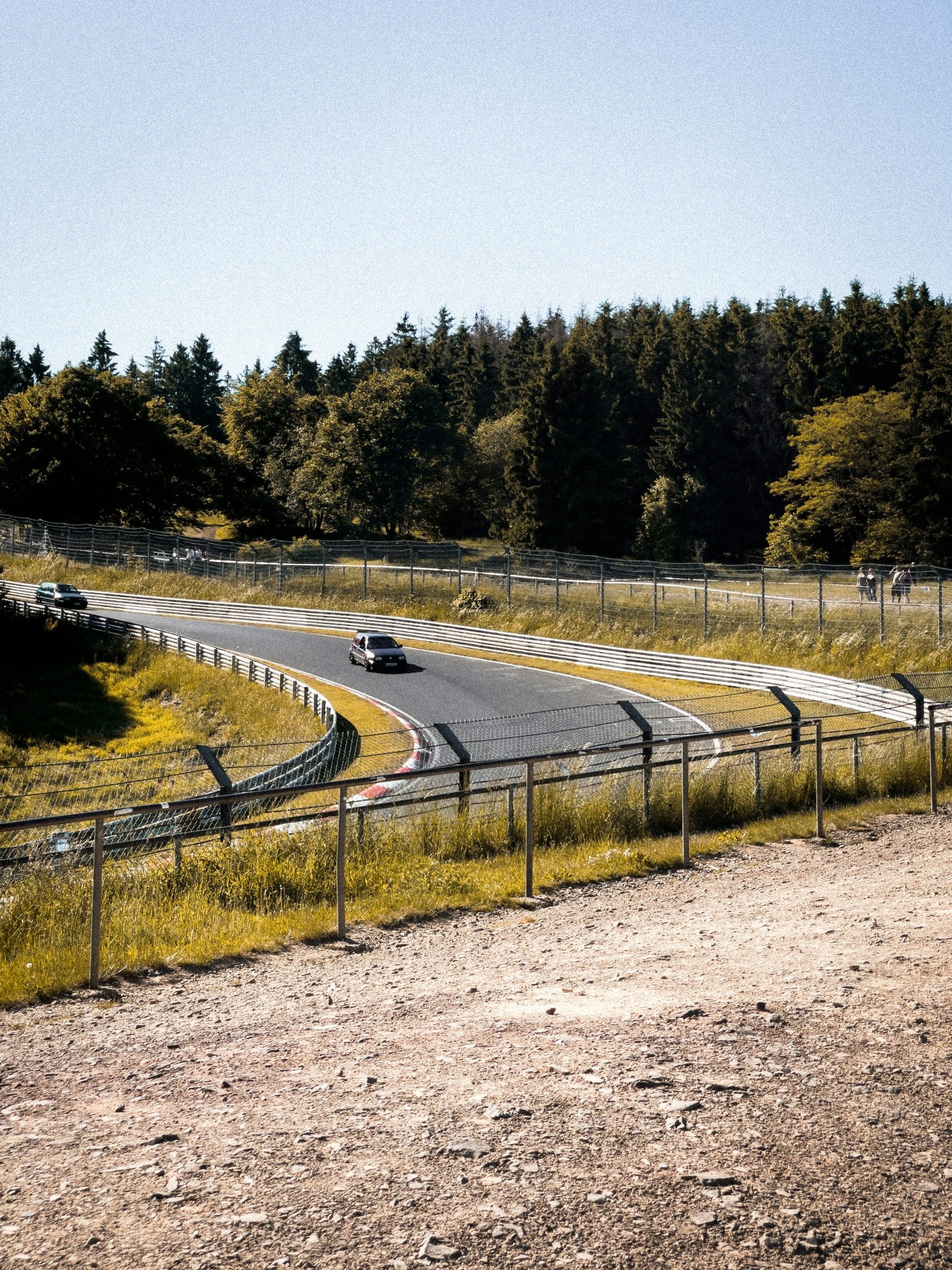13 wise remarks overheard at Circularity 25
Here's what we heard and saw at Circularity 25 in Denver. The post 13 wise remarks overheard at Circularity 25 appeared first on Trellis.
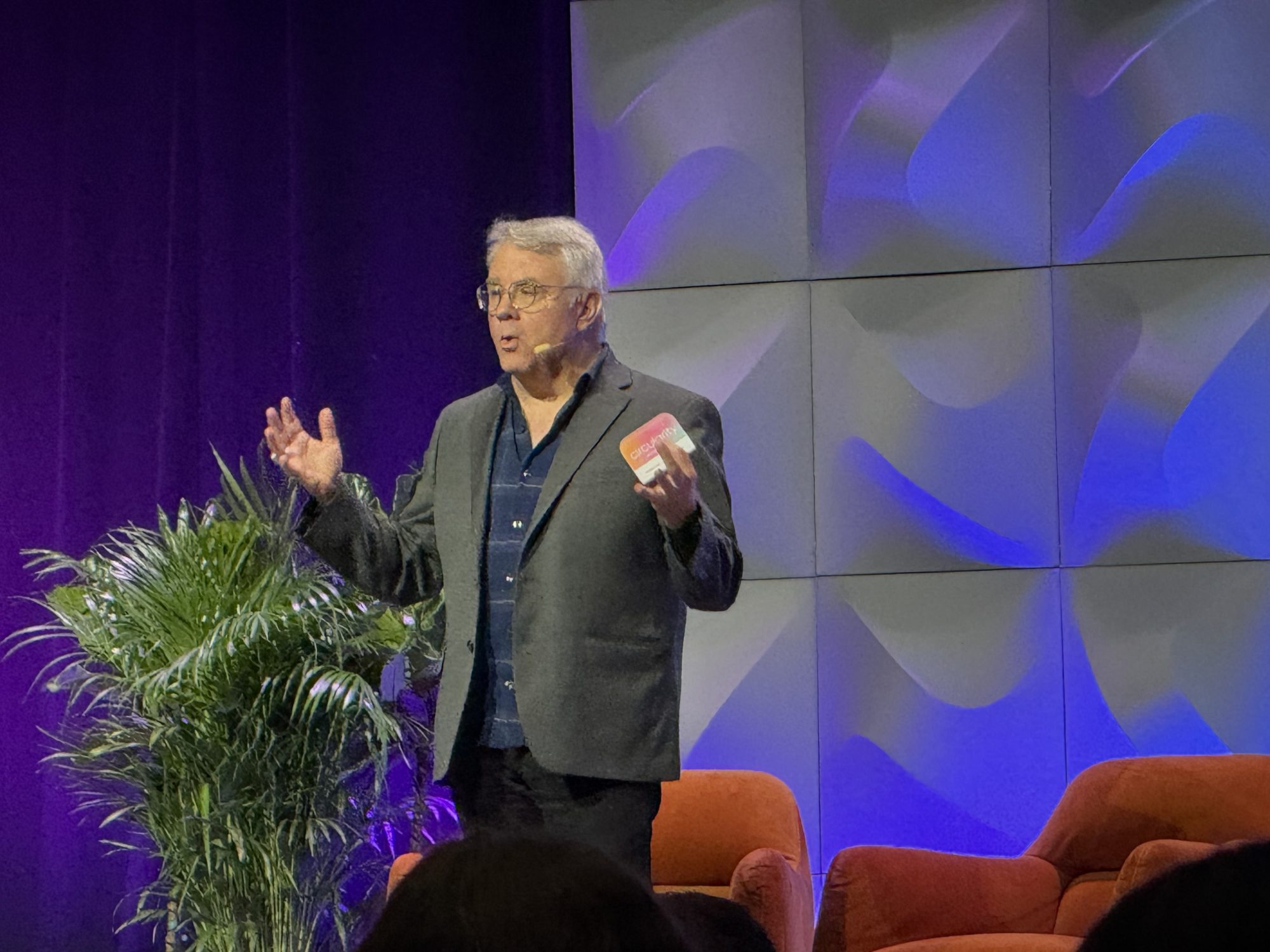
Optimism. Pragmatism. Realism. Nuggets of wisdom from the Trellis Group’s annual gathering of circular economy professionals.
1. “The business opportunity in front of us is shockingly amazing.” — Steven Bethell, president, Bank & Vogue
In the last five years, Ottawa-based Bank & Vogue has doubled the amount of used textiles it picks up from charities and private collectors for recycling. “I’m drunk on the idea of circularity being a job creator not just locally but globally,” Bethell said.
2. “If you want manufacturing in your state, what better way to start than with feedstock that’s already available in your state?” — Alice Havill, founding partner, Fractal Climate
Speaking in a tutorial on “Lessons from Colorado: A Proven Model for the Circular Economy,” Havill and other panelists discussed the potential for in-state and regional circular systems to foster economic development and job creation.
3. “It’s a false idea that anything in the past was automatically more primitive. I don’t know that we’ve ever been more primitive as we are today.” — Lyla June, Indigenous musician, author and community organizer
During the mainstage keynotes April 29, June spoke about the potential for learning from Indigenous cultures to inform circular principles in the modern world.
4. “We started looking at making highway barriers. The gentleman who ran the Colorado Department of Transportation said, ‘I’d buy everything you make.’ I went ‘There’s a business — let’s go!’ Turns out it wasn’t that simple.” — Eric Davis, CEO and founder, Pretred
Colorado-based Pretred recycles used tires and transforms them into highway blocks and barriers.
5. “The world has a certain biophilia and a certain chemophobia to it.” — John Warner, president and CEO, The Technology Greenhouse, and one of the fathers of the field of green chemistry
Warner’s keynote remarks focused on the need to rethink our entire approach to circularity and sustainability, noting that “90 percent of the technologies we need for a circular economy haven’t been invented yet,” and that only diversity and inclusion can enable us to invent them. He reminded the audience that reusing carcinogenic materials or substances that don’t biodegrade over time is at odds with the goals of circularity. Yet, most chemists aren’t trained to consider these issues. An optimistic sign: nonprofit Beyond Benign develops green chemistry curriculum for schools. So far, 240 universities have signed up to support its mission
6. “When we’re talking about regenerative agriculture, it really is referring to a process and a set of principles — both of those being quite holistic in nature — to focus on livelihoods, the well-being of communities and a variety of different environmental outcomes, as opposed to specifically looking at just carbon or just soil.” — Lauren Dunteman, senior associate of regenerative supply at Terra Genesis International
Dunteman discussed the issues she considers in helping global brands engage with regenerative supply networks.
7. “The opportunity to influence product attributes happens super early on, and oftentimes it might be before engineers are actually involved.” — Jaden Barney, senior sustainability analyst at Legrand
Legrand, a manufacturer of switches and other home design products, eliminated the single-use plastic packaging for one of its outlet covers by including small insets where screws can be wedged into the back of the plate.
8. “Why do I have to choose between my well-being and the future of the planet?” – Rashmi Prakash, founder of Aruna Revolution
Aruna, which won the Circularity Startups to Watch competition, recycles fibers and fabric into absorbent, clean and soft fibers first used for menstrual pads. She was describing her frustration, during her menstrual cycle, of disposing “yet another menstrual pad” into a landfill-bound trash bin.
9. “What’s the frontier? Killing dry cleaning and water-based cleaning.” — Peter Whitcomb, CEO, TERSUS Solutions
TERSUS uses CO2 captured at an ethanol plant to clean and refurbish used clothing. Last year the company saved 5 million gallons of water and kept 1.5 million garments out of landfills.
10. “Less bad is still not good. It’s by definition bad. This whole pursuit of ‘net zero’, it’s just more strange language for the kids. Do you send your kids out in the morning and say, ‘Try to be less bad today’?” — William McDonough, CEO of McDonough Innovation and author of “Cradle to Cradle: Remaking the Way We Make Things” (2002), widely recognized as a seminal text of the sustainability and circular economy design movements
11. “Sometimes we think about circularity as steps in one loop, but I think expanding the view and really thinking about the different loops and how they come back together is also a really critical piece.” — Deanna Bratter, chief sustainability officer, Crocs
Bratter discussed Crocs’ program to use recycled and bio-based sources for Croslite during a Wednesday keynote interview. Companies should look to unconventional sources to spark circularity rather than waiting for a perfect solution. “I don’t use the word perfection for anything in my life — as a mother, as a worker. I am looking for transformation. … We keep fooling ourselves into this idea that there is perfection in the system,” she said.
12. “We all have agency to solve circularity together. It is a systems problem, we are all going to have to participate, we are all going to have to invest. You don’t just need scientists or technologists to solve these problems. We need policymakers. We need educators. We need businesspeople. We need lawyers.” — Rey Banatao, director/project lead, X, the moonshot factory
Banatao was discussing the Alphabet skunkworks organization’s project to use artificial intelligence and molecular data to create a database for identifying hard-to-recycle materials, including films and multilayered flexible plastic.
13. “Accounting is a lagging indicator, not a leading indicator. All of you in this room should be working on leading indicators. If you wait for the accountants to make moves, you’re going to be too late.” – J.R. Siegel, vice president of sustainability, Worldly
Siegel and fellow panelists were discussing the impact of circularity efforts on Scope 3 emissions.
The post 13 wise remarks overheard at Circularity 25 appeared first on Trellis.
What's Your Reaction?

















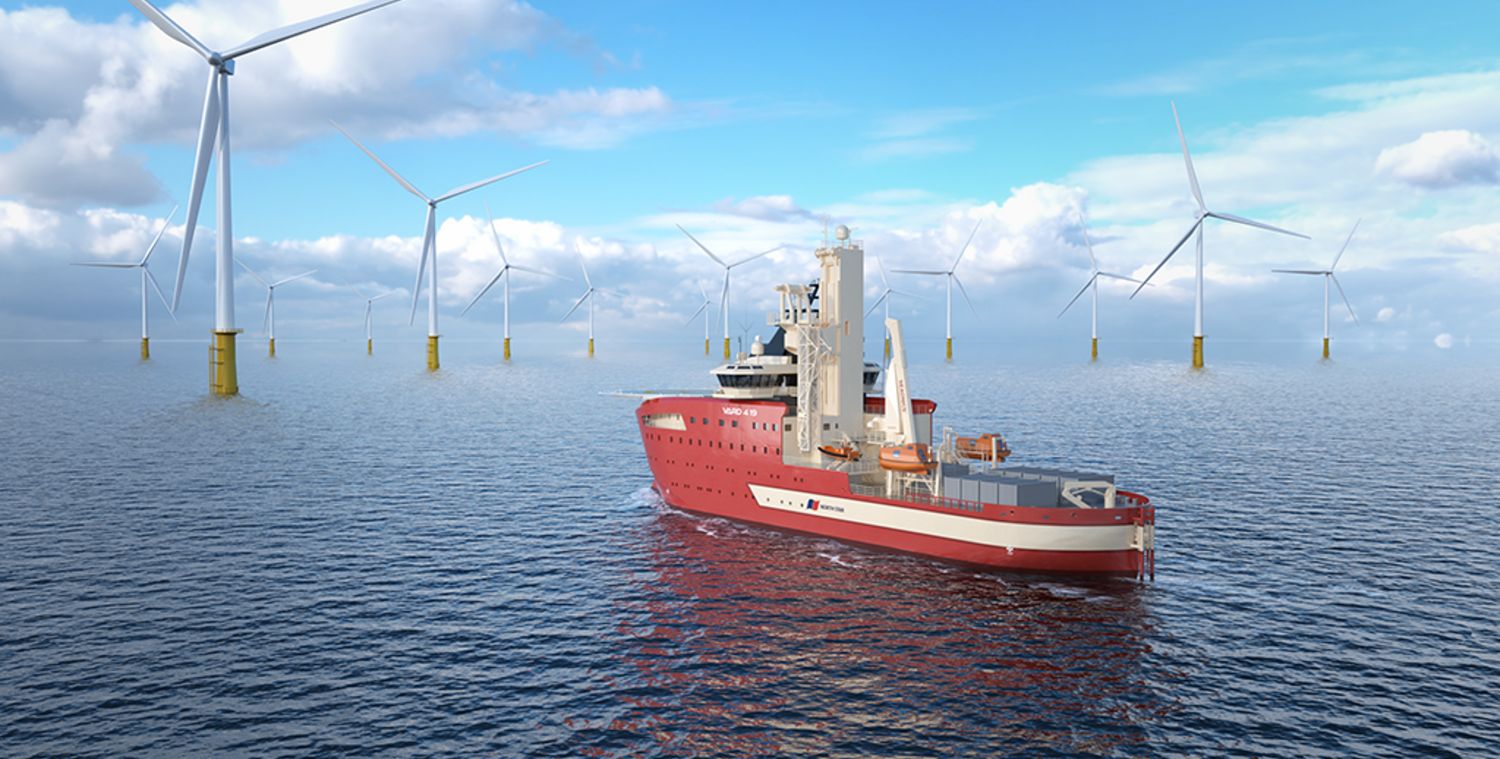

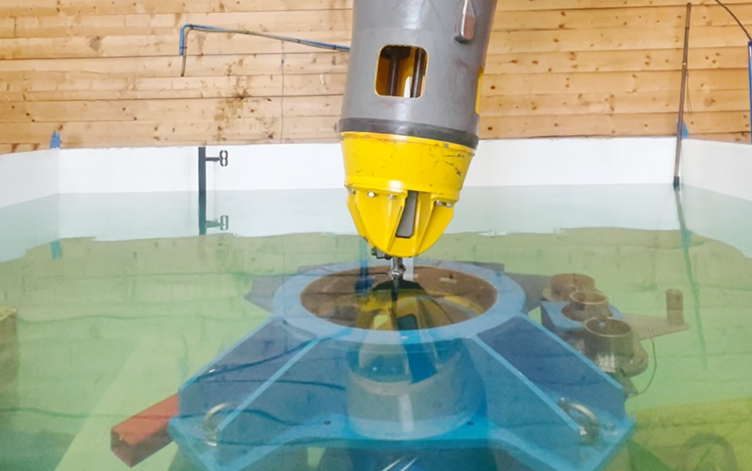



![[Upcoming Webinar] Addressing the Wind Industry's €25 Billion Annual Wake Loss Problem](https://www.windesco.com/hubfs/Swarm%20webinar%20cover%20image.png)




